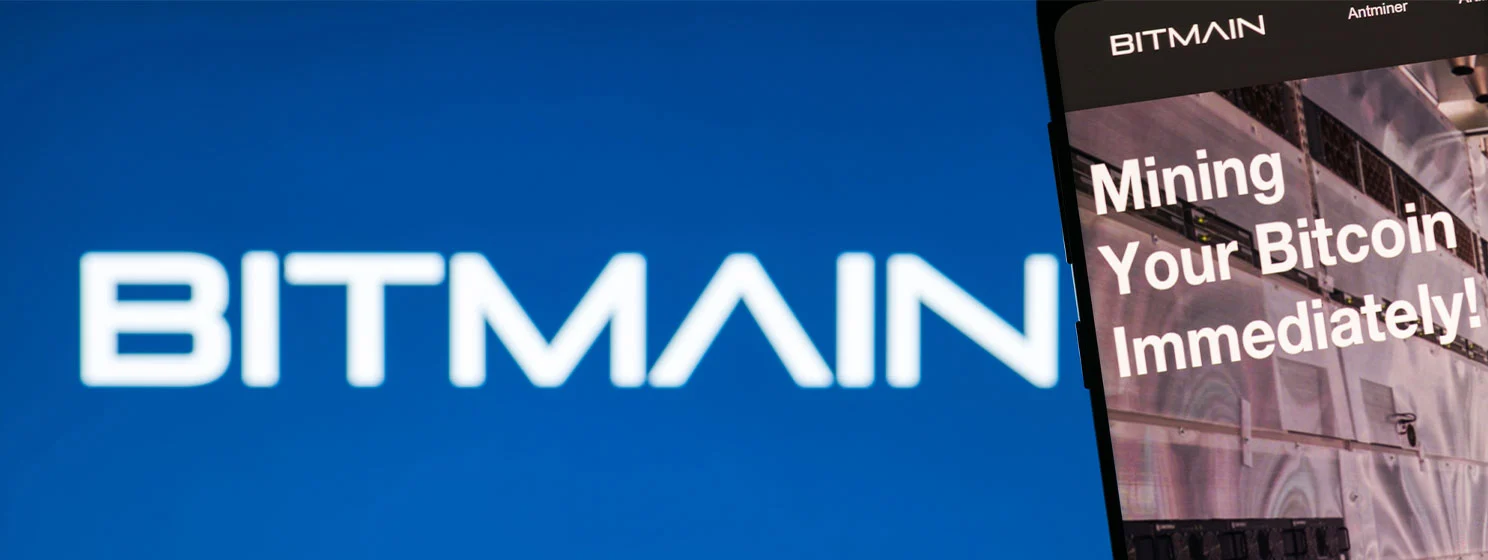|
Getting your Trinity Audio player ready...
|
The Securities and Exchange Commission (SEC) has said firms facilitating initial exchange offerings (IEOs) that they may do so in breach of U.S. securities laws, in a warning shot to the emerging model from the financial regulator.
The commission’s senior advisor for digital assets and innovation, Valerie Szczepanik, said Monday that cryptocurrency exchanges facilitating IEOs could fall within the definition of a ”securities dealer” in the event the issuer or investors are based in the United States, CoinDesk reported.
Securities dealers are by law required to be licensed in the U.S., either as national securities exchanges, alternative trading systems or as broker-dealers. Without valid licensing on one of these bases, exchanges could be liable to prosecution for allowing IEOs to proceed.
She noted, “Platforms seeking to list these tokens for a listing fee or bring buyers to the table for issuers are probably engaging in broker-dealer activity. If they are not registered they will find themselves in trouble in the U.S., if they have a U.S. issuer or U.S. buyers, if they are operating on the U.S. market.”
The comments come at a time when IEOs are gaining traction, with Binance, OKEx, Bittrex and KuCoin amongst a number of exchanges to have opted for the model to raise capital from investors.
With exchanges looking for more sources of revenues, IEOs have become popular, as a mechanism for offering exclusive token sales. Dubbed by some as the successor to ICOs, the model has been marred by confusion over its legal status.
Szczepanik said in the case of platforms facilitating ICOs, there was precedent for enforcement action against unlicensed platforms acting as broker-dealers.
“There was a platform that was assisting to bring buyers to ICOs. In this case, there was an enforcement action, as the platform was acting as a broker-dealer and participating in the distribution with a violation of the registration provisions,” she explained.
But the position around IEOs remains far from clear, and some have criticized the SEC for failing to appropriately classify different types of digital assets.
In separate comments this week, another senior SEC official said securities laws are “written to be dynamic.” Amy Starr, chief of the Office of Capital Markets Trends, said the regulator was keen to develop a dialogue with crypto businesses, to foster innovation as well as to determine where and how existing securities laws might be applicable.
“The more interaction, and willingness that people want to engage with us, the happier we are because we want this to work. We want there to be innovation in these markets. We want there to be change,” Starr said.

 09-16-2025
09-16-2025 





